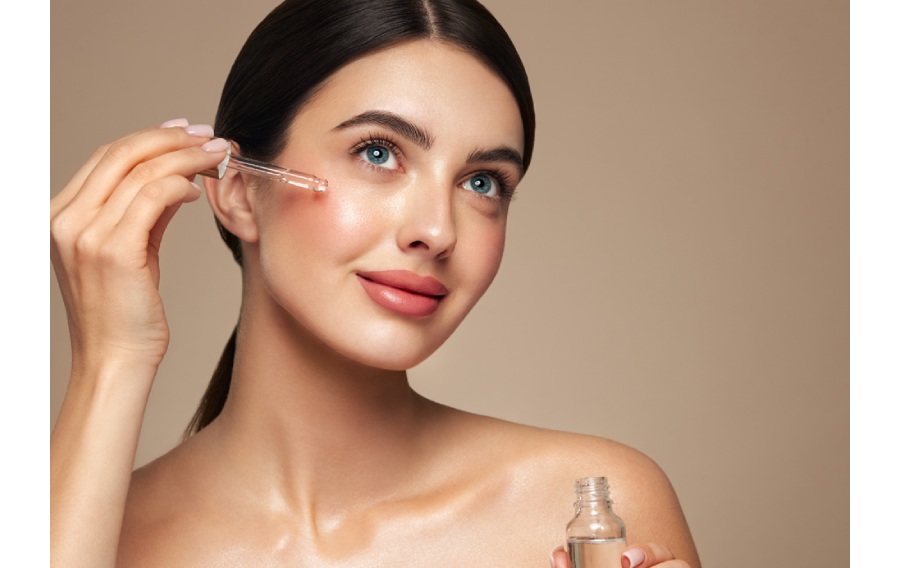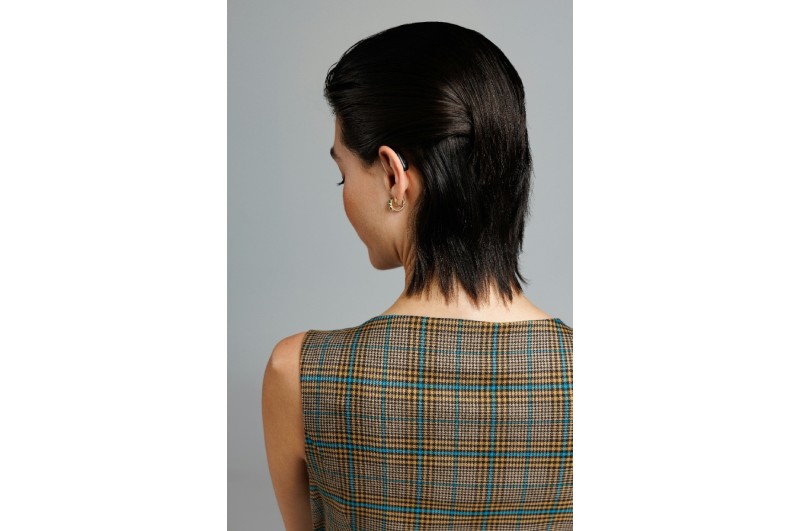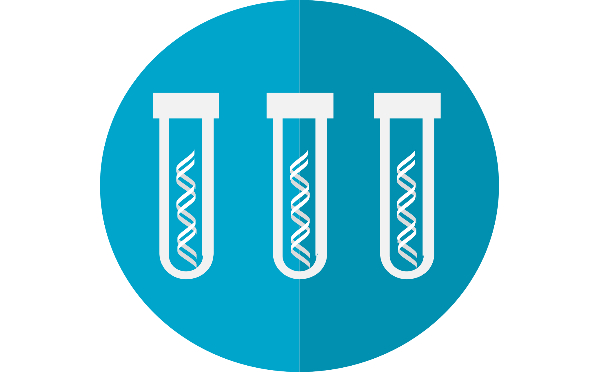Retinol is considered one of the most effective ingredients in skincare. It is known for reducing fine lines, improving your skin texture, and targeting acne. Among its variations, Retinol face serum 0.3% strikes the right balance. It is potent enough for visible results yet gentle enough for all skin types. This blog helps clear up common myths about Retinol, shares science-backed facts, and helps you make confident choices for your skin.
Why 0.3% Retinol: The Right Concentration?
Retinol is generally available in different concentrations, from 0.25% to 1%. At 0.3%, it strikes a balance, ensuring maximum efficacy while minimising harsh side effects. For sensitive skin, this concentration is gentler and helps reduce irritation compared to higher-strength formulas.For skin with fine lines and acne, it gently promotes renewal without disrupting the skin’s natural balance.
Myths and Facts About Retinol Face Serum 0.3%
Myth 1: Retinol Causes Dryness and Irritation
You may feel dryness only if you start with a stronger concentration and do not moisturise your skin enough. Start at your own pace and stick to once or twice a week. Follow this up with a Ceramide moisturizer that ensures your skin barrier stays protected and moisturised.
Myth 2: Retinol is only for mature skin
Retinol isn’t just for reducing wrinkles; younger skin can benefit too, especially if it is acne-prone or oily. By helping to clear pores and reduce breakouts, Retinol supports healthier skin across various ages.
Myth 3: Higher concentrations always bring better results
More potent Retinol does not always mean better results. Most people find 0.3% to be effective enough without excessive irritation or peeling.
Myth 4: Retinol cannot be used with other skincare ingredients
Retinol does work well with the other ingredients, especially Hyaluronic Acid and Vitamin C. When you combine Retinol with these ingredients, it helps keep your skin hydrated and brightens it, too. The trick is to analyse how your skin reacts and adjust usage accordingly.
Myth 5: Retinol causes skin to become thinner over time
Retinol increases the production of Collagen, which makes your skin firmer. When you initially introduce Retinol to your skin, it may result in mild peeling. However, this is natural, and with time, your skin gets used to it.
Myth 6: Retinol should be used only at night
Retinol is best used at night, when your skin’s natural circadian rhythm prioritises repair and rejuvenation. During the day, it’s essential to apply sunscreen, as Retinol can make the skin more sensitive to sun exposure and help prevent potential damage.
Myth 7: You can expect instant results with Retinol
Retinol works gradually. In six to eight weeks, you may start noticing smoother skin, fewer fine lines, and reduced acne. Be patient and consistent; your efforts will pay off over time.
Proven Benefits: What to Expect from Retinol Face Serum 0.3%
- Anti-ageing: Retinol targets signs of ageing, such as fine lines, wrinkles, and age spots. It stimulates the epidermis to boost Collagen production, helping the skin become firmer, smoother, and maintain a youthful appearance over time.
- Acne treatment: Retinol penetrates deep into the pores to prevent clogging, allowing existing pimples to heal while reducing the likelihood of new breakouts. This results in clearer, smoother skin.
- Improves texture: Regular use of Retinol face serum helps exfoliate the outermost layer of the skin, promoting a more even tone and a radiant, healthy-looking complexion.
- Increased Collagen: One of Retinol’s key benefits is stimulating Collagen production. Collagen provides structure to the skin, and increasing its levels helps maintain youthful plumpness and firmness.
The Real Deal: What to Expect from Retinol Face Serum 0.3%
Results from Retinol usage don’t show up overnight. Within the first 4 to 6 weeks, you will observe minor changes, such as smoother texture and fewer breakouts. Over the long term, Retinol can reduce fine lines and promote a more even skin tone.
The speed and extent of improvements depend mainly on your skin type and how regularly you apply the Retinol face serum.
Who Should Use Retinol Face Serum 0.3%?
Retinol face serum is suitable for oily, acne-prone, normal, and combination skin. It benefits both younger individuals seeking clearer skin and older individuals looking to reduce signs of ageing. However, those with sensitive skin or conditions like rosacea or eczema should do a patch test first, or better yet, consult a dermatologist before use.
Conclusion
Retinol face serum 0.3% strikes the perfect balance in skincare, combining anti-ageing and acne-fighting benefits with gentle care for your skin. When used correctly and consistently, it helps you achieve healthier, smoother, and more radiant skin, making it a trusted ally in your routine.
Topics #Face Serum #Retinol Face Serum











